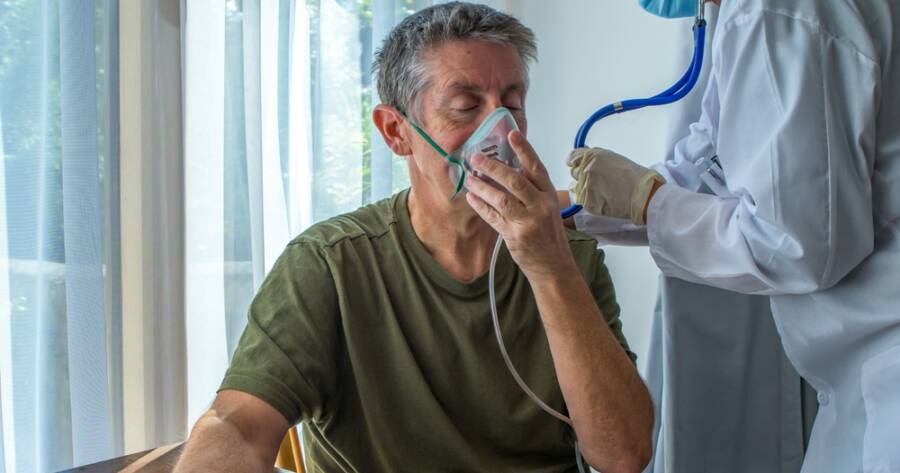Chronic obstructive pulmonary disease (COPD) presents significant challenges for those affected, often leading to reduced quality of life. Ongoing clinical trials and research advancements are pivotal in improving treatments, exploring innovative therapies, and enhancing our understanding of this progressive lung disease. Discover the latest developments in COPD management and the vital role of clinical research in driving medical progress.
Understanding COPD and Its Impact
Chronic obstructive pulmonary disease (COPD) is a progressive inflammatory lung disease that significantly affects individuals, predominantly those who are middle-aged or older with a history of smoking. The condition encompasses ailments like chronic bronchitis and emphysema, which lead to symptoms such as breathing difficulties, chest tightness, and frequent respiratory infections. Given its profound impact on quality of life, researchers continually seek new ways to manage and treat COPD. Clinical trials play a crucial role in the development of innovative treatments, offering patients access to cutting-edge therapies and helping expand medical knowledge of the disease.
The Role of Clinical Trials in COPD
COPD clinical trials are pivotal in exploring new therapeutic options and improving existing treatments. Revival Research Institute in Michigan is actively conducting trials to evaluate the safety and efficacy of investigational medications aimed at managing COPD symptoms. Participants receive free study-related care and monetary compensation. Eligible individuals are 18 years or older, current or former smokers diagnosed with COPD, who undergo thorough screenings to ensure a detailed medical history is recorded. This voluntary participation aids researchers in gathering valuable data that might lead to better treatment strategies.
Current Innovations in COPD Treatment
Recent strides in COPD research include promising therapies and novel devices. One notable ongoing trial is focused on Dupixent, an investigational drug that has demonstrated the potential to reduce COPD exacerbations by 30% and improve lung function according to experts. Additionally, Penn Medicine researchers have developed endobronchial valves to improve airflow in damaged lungs, showing promise for enhancing lung function and alleviating symptoms. These advancements highlight the importance of clinical trials in fostering innovation and paving the way for breakthrough treatments.
Challenges and Solutions in Clinical Trials
Despite the potential benefits, COPD clinical trials face significant challenges, including disease heterogeneity and subjective diagnostic methods, which complicate trial design and execution. Strategies to overcome these obstacles involve stratified patient selection, standardized diagnostic procedures, and robust trial designs to ensure patient adherence and retention detailed in current studies. By addressing these challenges, researchers can optimize trials for better efficiency and effectiveness.
Eligibility and Participation in COPD Trials
Participation in COPD trials typically requires meeting certain eligibility criteria. For instance, participants need to be at least 40 years old, have a documented history of COPD, and fit specific criteria such as being a current or former smoker. The trials offered by the Revive Research Institute further explore investigational products administered through various means, like intravenously or nasally. Participants do not need insurance and are compensated for their time and travel, supporting patients while providing essential data for the advancement of COPD treatments.
Insights from Ongoing COPD Research
The National Heart, Lung, and Blood Institute (NHLBI) supports significant COPD research efforts, focusing on treatments and lifestyle changes. They aim to improve diagnosis, prevention, and treatment strategies, as outlined in the COPD National Action Plan backed by the NHLBI. Their current research also delves into exploring genetic therapies and identifying biomarkers to predict and manage COPD. These efforts are integral in understanding the disease better and developing more effective interventions.
Why You Should Learn More About COPD Today
Understanding COPD and engaging with ongoing research efforts are essential for those affected by the disease and the medical community at large. Participating in clinical trials not only offers access to cutting-edge treatments but also contributes to advancing medical science. This collaborative effort can significantly enhance the knowledge and resources available for managing COPD. As new treatments emerge, staying informed about the latest research developments becomes increasingly crucial, ensuring patients and healthcare professionals are well-equipped with the best strategies to handle this chronic condition.

